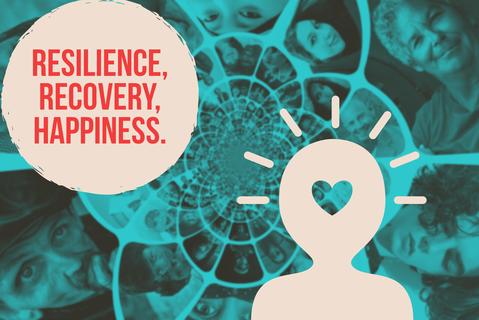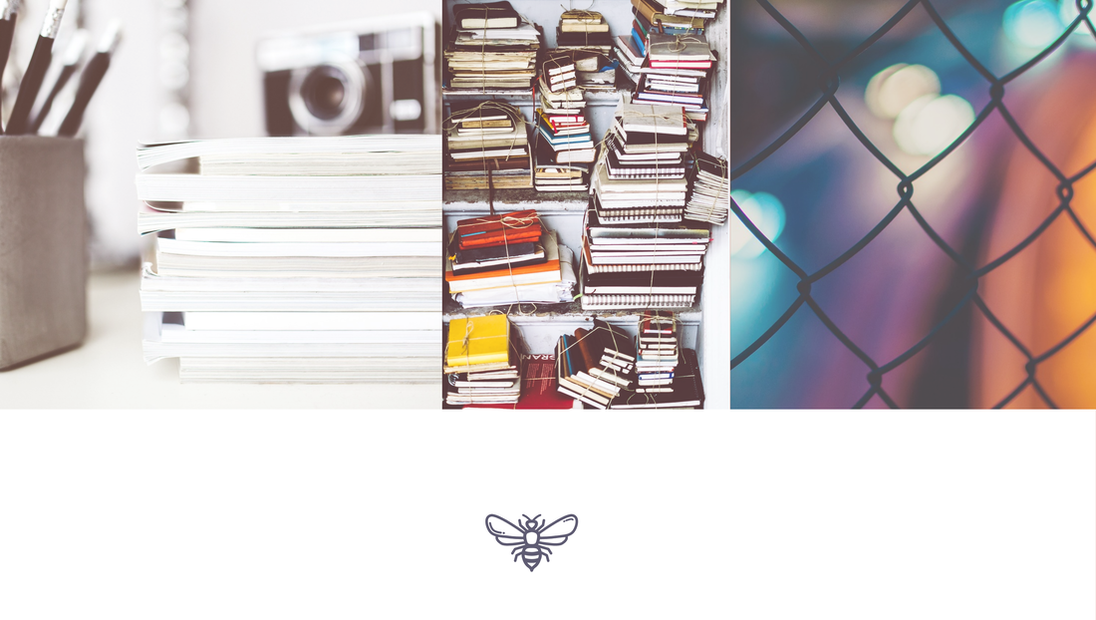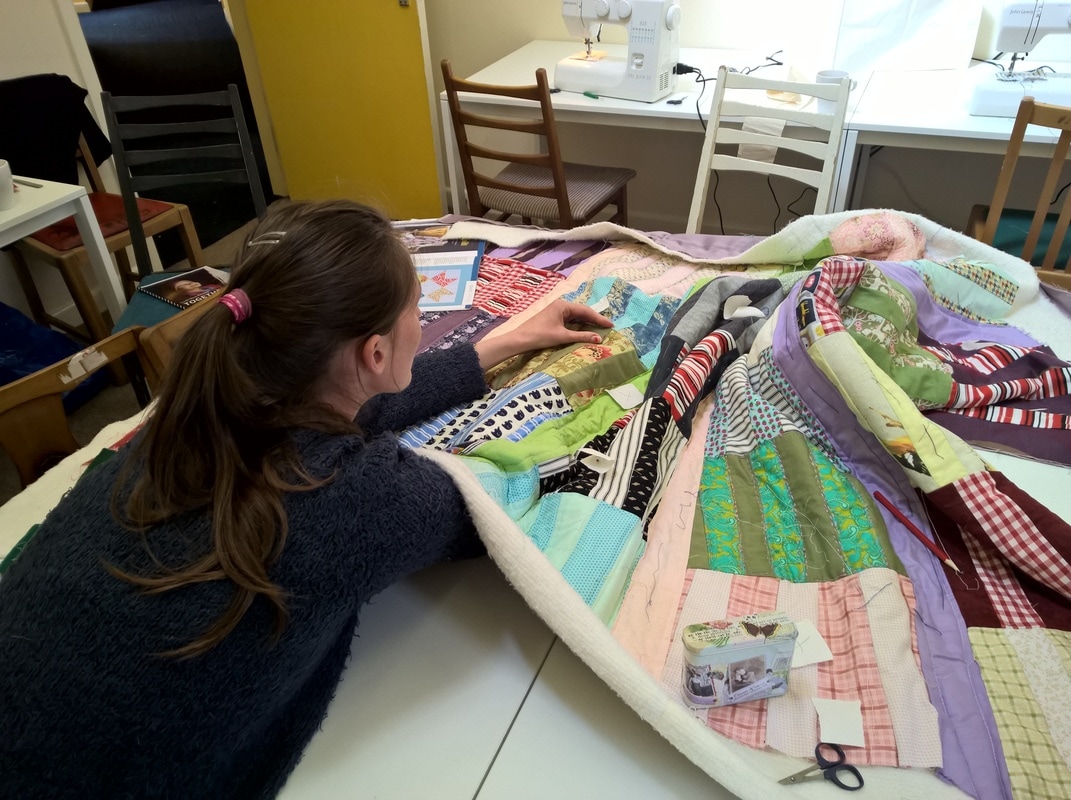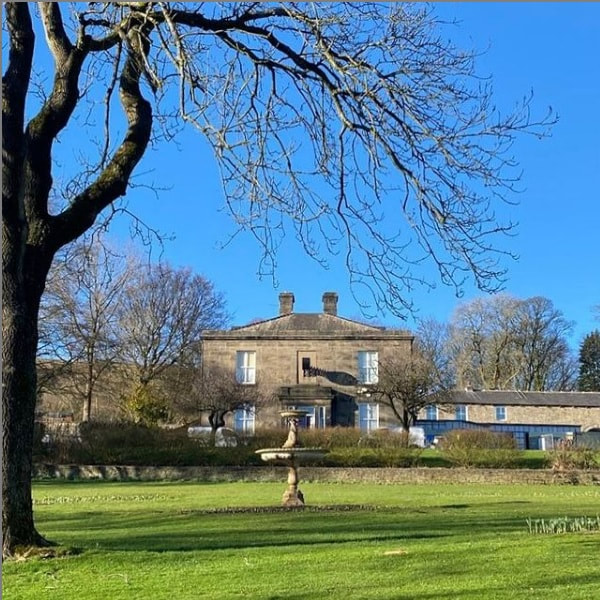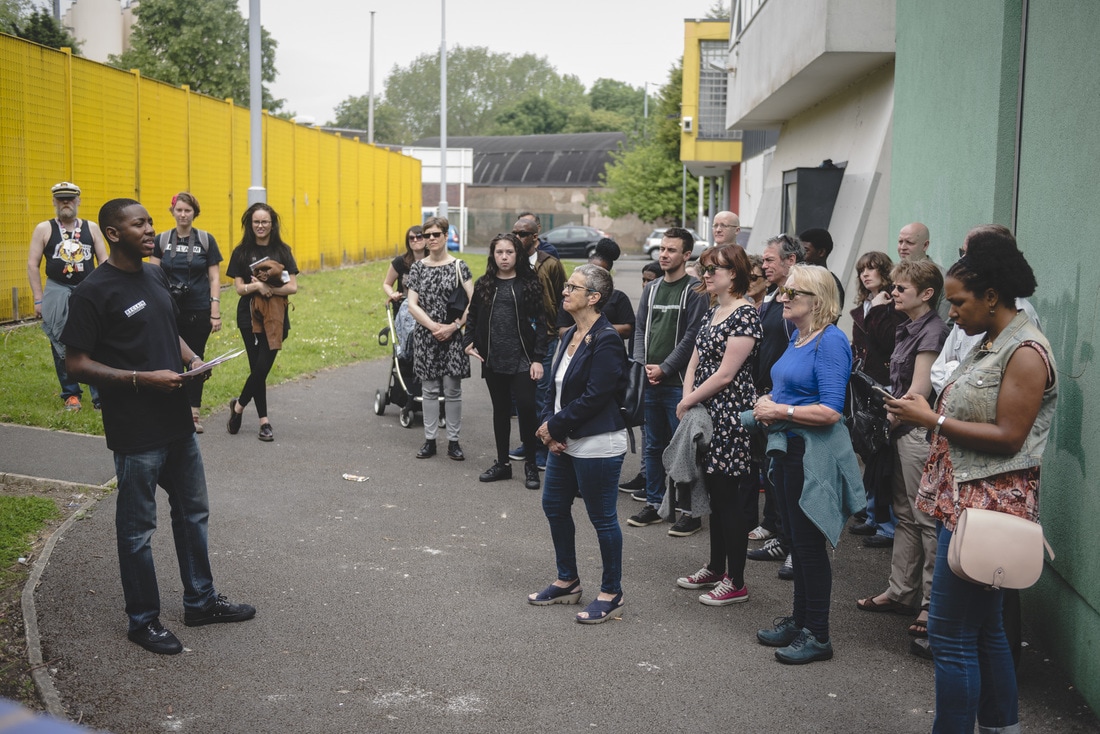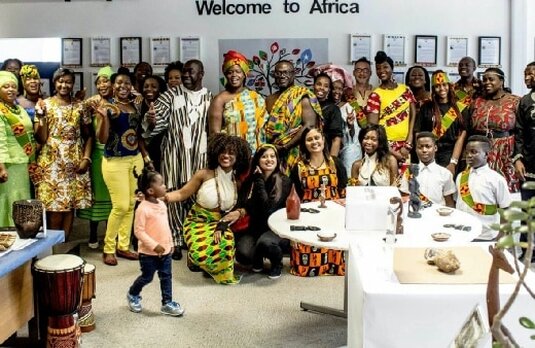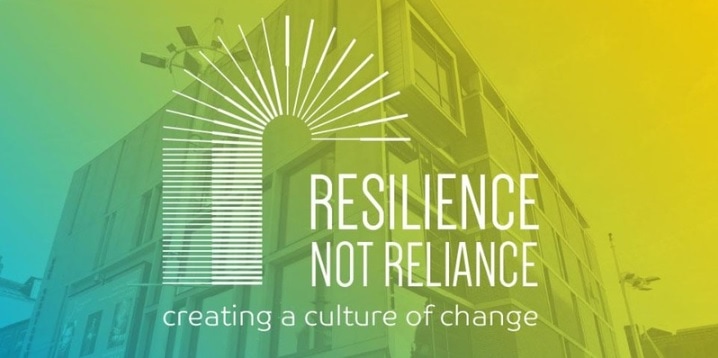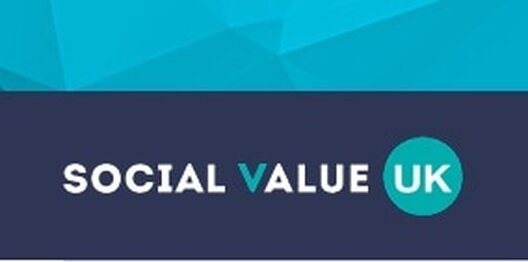IMPACTResilience, Recovery & Happiness with Music Action International, Bassajamba CIC and University of Manchesterkey How can diverse, marginalised communities help the health sector better understand how to support them with their health, resilience and recovery needs? This was the questions asked by the Resilience, Recovery, Happiness action research project by Bassajamba CIC, Music Action International and the University of Manchester. Bassajamba interviewed experts across Greater Manchester communities to find out how they could help evidence the many and sometimes unexpected ways they have found to enhance physical and mental wellbeing. Music Action International piloted a short project to discover and evidence how their musical approach can help improve the resilience, recovery or happiness of refugees and asylum seekers living locally. University researchers wanted to know how they can work more closely with communities. Impact was assessed by : - Asking how much did the music project help? How does that help happen? What gets in the way of it reaching full potential? - Analysing the wider interviews for patterns, trends or consistencies; and for key differences that particular groups need taking into account. Wellcome Trust funded. Poetry's Social Impact at Manchester Metropolitan UniversityManchester Metropolitan University's writing school is home to a team of high profile poets reflecting contemporary concerns of society and the environment. They suspected their work reached large numbers of people and hoped it made a meaningful difference to people locally and nationally, they wanted to see if there was any evidence - and if so, what it showed exactly. Impact research showed that they had reached audiences of millions, with an exact figure around ten times more than they had previously been reporting. There was also evidence that the team strongly affected the lives of people whose voice is often hidden such as survivors of domestic abuse, older LGBT+ people and homeless people; and that it brought politically opposing peoples together. The research also established the first and so far only multi-format benchmark of people accessing poetry in the UK - as audiences to events, theatre, film, social media, tv, radio and in print; which could then be used to prove how the team were reaching people who don't normally access poetry. The research brought together statistical evidence with a range of illuminating case studies and has been used to advocate for the importance of the team's work throughout the university and in competitive funding bids nationally. Wellbeing & Community Development with Gawthorpe Textiles Collection & calico homesGawthorpe Textiles Collection wanted an action researcher to understand the social impact of their new community textiles studio, created in partnership with Calico Homes. Using a theory of change and regular monitoring of the activities, participants, processes and partnerships, the project was able to prove its ability to increase wellbeing, with outcomes including improved mood; increased wellbeing on SWEMWBS scale (leading all participants of three or more sessions to reach wellbeing scores above the regional average, with the biggest increase in those with the lowest starting scores); increased socialisation; new skills; increased co-ordination in fine and gross motor skills; increased relaxation; new friends, a better place to live; increased confidence; increased energy levels and a general willingness to try new things. As a result, Gawthorpe Textiles Collection was then commissioned by the local Clinical Commissioning Group to develop more wellbeing community projects across Burnley; and the learning from the action research project has lead to an improvements in how Gawthorpe Textiles Collections delivers its projects. Reducing Isolation & Improving wellbeing with Escape Arts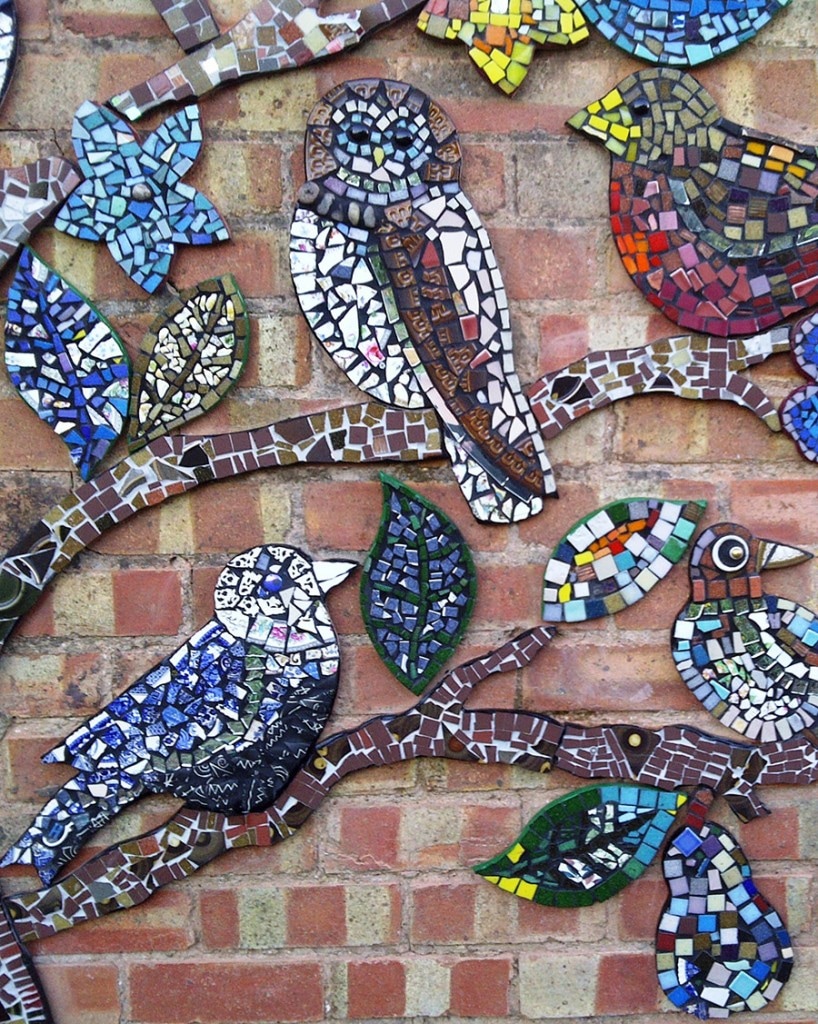
Escape Arts in Stratford have been carrying out arts activity with social aims for over 25 years. Having newly acquired a permanent base in the historic 17th century Old Slaughterhouse which they have adapted into an arts and heritage centre, they were looking for help unifying trustees and staff around a clear new vision for the organisation.. Sally worked with their board of trustees and directorial team to look at the future, crystallising and articulating more clearly what the purpose of the organisation is. As a result Escape Arts can follow it's own direction and make strategic decisions accordingly, rather than be fragmented by following the 'low hanging fruit' of the funding system. Escape Arts wants to be in a position to work smarter, more efficiently, and to care for the wellbeing of its staff as much as it does its community; to run a venue as well as continue its well established regional work, and look to a resilient future whilst staying true to its roots. The outcome of the work is a clear vision, set of organisational objectives, and understanding of how to fulfil its charitable objects well, healthily and sustainably. Photo: courtesy of Escape Arts |
Wellbeing at The Whitaker Museum & Art GalleryThe Whitaker Community Interest Company wanted to assess the community impact of the museum and art gallery they are contracted to manage; having spent two years redeveloping the venue and introducing a new vision and programme, saving the building from closure. By evaluating events over 6 months, and consulting with the visiting public onsite and online, as well as staff and volunteers, it became evident The Whitaker was particularly strong in developing local pride in the wider area; a significant increase in wellbeing during visits compared to other areas of visitor life; a unique proposition due to the mix of environment, programme, vision and facilities; a strong positive effect on the lives of volunteers (including health, wellbeing, employment, educational and economic outcomes) and an expertly developed approach to inclusion. In addition, The Whitaker's contribution to local strategy was highlighted through its projects and programmes for older people, which help the area meet its dementia friendly aims. The research was carried out using a range of methods including social return on investment principles; observational tools developed by health and academia professionals; the New Economics Foundation Dynamic Wellbeing Model and Five Ways to Wellbeing; creative consultation activities; and more traditional market research methods. As a result of the evidence produced, The Whitaker received the Best Cultural Venue award for Lancashire in the regions' tourism awards (2015); and have been able to use the research as evidence in a major capital funding bid to help secure the venue's future. It also highlighted the potential to improve income generation, expand its volunteering programme, and further increase its levels of customer service. Shaping places and identity with Manchester HistoriesAfter several years monitoring profile, partnerships and attendances for their flagship Festival project, Manchester Histories wanted to dig deeper and test their instinct that the Festival also created social impact. They commissioned a new evaluation framework to cover 400+ events produced by 200+ partners and c68,000 visitors across nearly 90 locations. Using quantitative and qualitative methods based on a range of social, cultural and wellbeing outcome frameworks; an outcomes map was created showing the short and medium term outcomes and the impact they contribute towards in the longer term. This was then embedded into a larger logic model summarising the full resources, reach and impact of the Festival. As a result the Festival has been able to demonstrate its impact on increased wellbeing; stronger culture and identity of diverse populations; and improved places and communities. It also has a better understanding of the needs of its partners and the improvements it can make to systems and resources. Photo: Drew Forsyth diversifying the Business Model at The Highlife CentreThe Highlife Centre in Coventry has a well developed programme of activity and support to help excluded or disadvantaged people break through barriers preventing meeting their full potential, and work towards a more confident and productive life. Often this involves training and / or social activities that enable people to feel more ready for work and develop financial independence. After a pilot programme exploring how African heritage can contribute to these aims, the Centre chose to embed this aspect of its work as one of its charitable objects and embed it more permanently and vitally into the core of its work. Sally advised them on the best steps to achieving this meaningfully, including:
Resilience Not Reliance EventSally offered free advice on evaluation and impact at the Resilience not Reliance events in Yorkshire, designed to help cultural organisations explore ways in which partnership and collaboration can lead to stronger business models and a more sustainable future. Sally provided advice about measuring impact, as one of the pool of industry specialists hosting hot-desk surgeries. Social Return on Investment with Leeds Museum & Art GalleryIn partnership with fellow Social Return on Investment evaluator / Social Value UK Member Andy Bagley, Sally co-ran a development and scoping workshop with Leeds Museums & Galleries to help the senior leadership team understand the potential social, economic and environmental impact they might be having across their venues and sites. The workshop lead the team to consider and prioritise the benefits to their visitors and other stakeholders; and explore a pilot project which could test and develop a methodology to be used across the rest of their sites, and by the wider museum sector.. |

